By: Lauren Hughes
On the podcast No Stupid Questions hosted by Angela Duckworth and Stephen Dubner, they discuss common questions humans contemplate on a daily basis. In August of 2021, they released an episode called “ Why Do We Buy Things We Never Use?”. During this episode they discussed aspirational consumerism, and how this often leads people to buy too much of one product. An example of this consumption habit was given by Dubner, who exaggeratedly claimed he has “600 boxes of quinoa at home” and has never eaten any of them. Yet he continues to buy more boxes. Many of us can relate to buying too much of a product (e.g. clothes, shoes, or food) that we intend to use, but never actually get around to. This leads to overflowing closets and cabinets, and a big dent in our bank accounts. So why do we do this?
According to Duckworth, aspirational consumption is the answer. As the term implies, consumers aspire to purchase a certain product or brand as a means of satisfying their ego, and need to fit in with a certain social group. Turning further inward, there is a psychological concept called “The Logic of Appropriateness” which explains what drives this behavior. James March who coined this term chalks it up to three simple questions we ask ourselves: “What situation is this? Who am I? And what does someone like me do in a situation like this?” (Duckworth, 2021). This quick mental analysis ignores “cost-benefit thinking”, and relies solely on the individual’s need to have a secure sense of self-worth.
Today’s advertising is designed to jump-start this thought process and leads to impulse buying. Think of a celebrity you admire who has recently endorsed a brand. Did you purchase the product? Perhaps you aspire to be like them, and by purchasing this product you were able to embody the sense of power and prestige associated with this celebrity.
Although consumers should be conscious of the potential downsides to aspirational consumption, there are some positive aspects as well. As explained in the 2021 Forbes article “Luxury Consumers haven’t gone Post-Aspirational, Rather they Aspire for Different Things”, consumers' aspirations are shifting, forcing corporations to reassess their marketing tactics. Consumers want to purchase from brands whose core values align with their own. The article states, “Authenticity of the brand that reflects the authentic self of the consumer is the focus needed today” (Danziger, 2021). This has led to an increase in conscientious consumption, in which consumers are more mindful of the products and brands they choose to purchase from.
Next time you think about buying that new bag or pair of shoes, consider these steps:
Make an effort to use the products you already have at home
Donate excess products
Check out resources such as @TheSustainableFashionForum on Instagram for inspiration on how to make small changes in your purchasing patterns that can have a big impact on the environment
References:
https://freakonomics.com/podcast/why-do-we-buy-things-we-never-use-rebroadcast/
